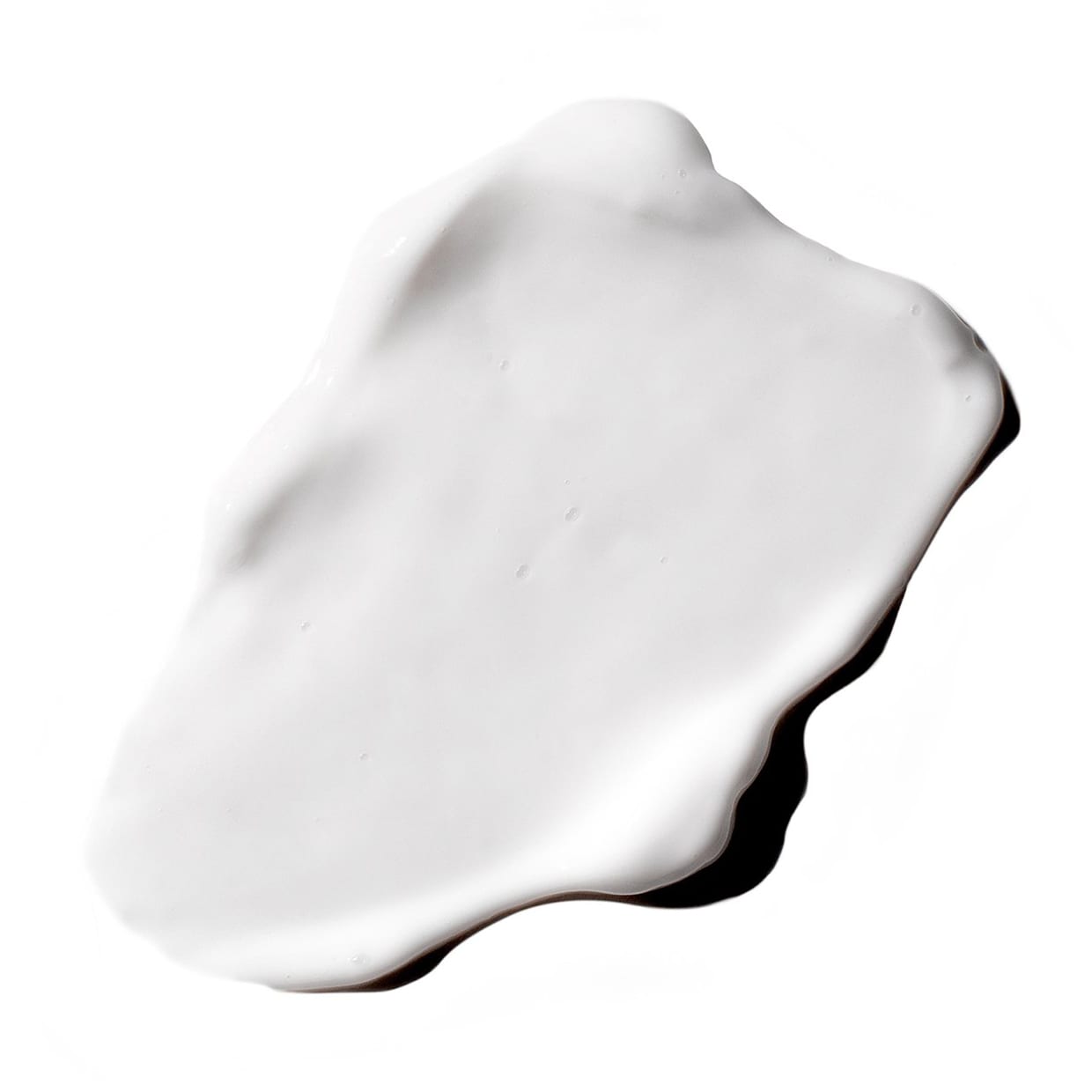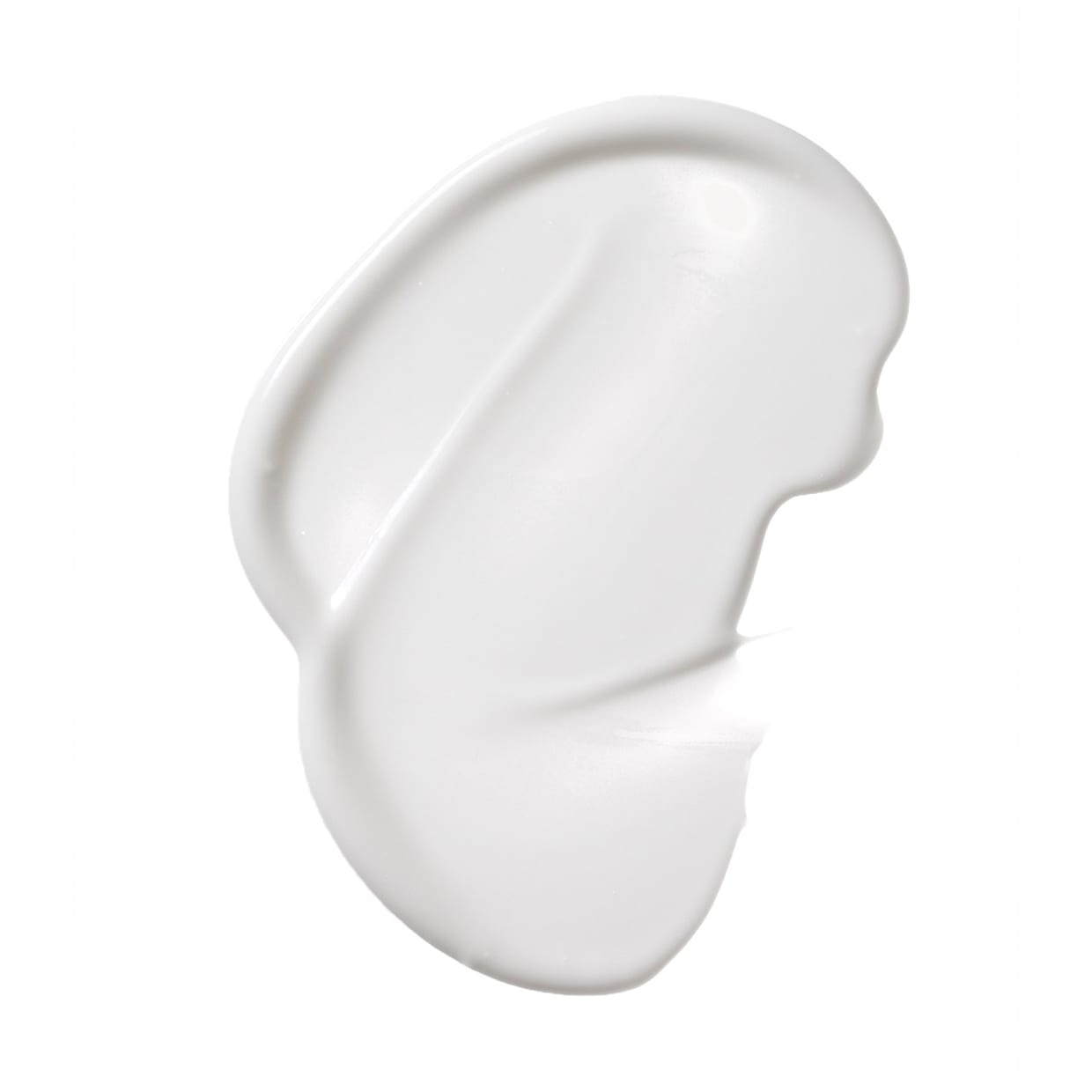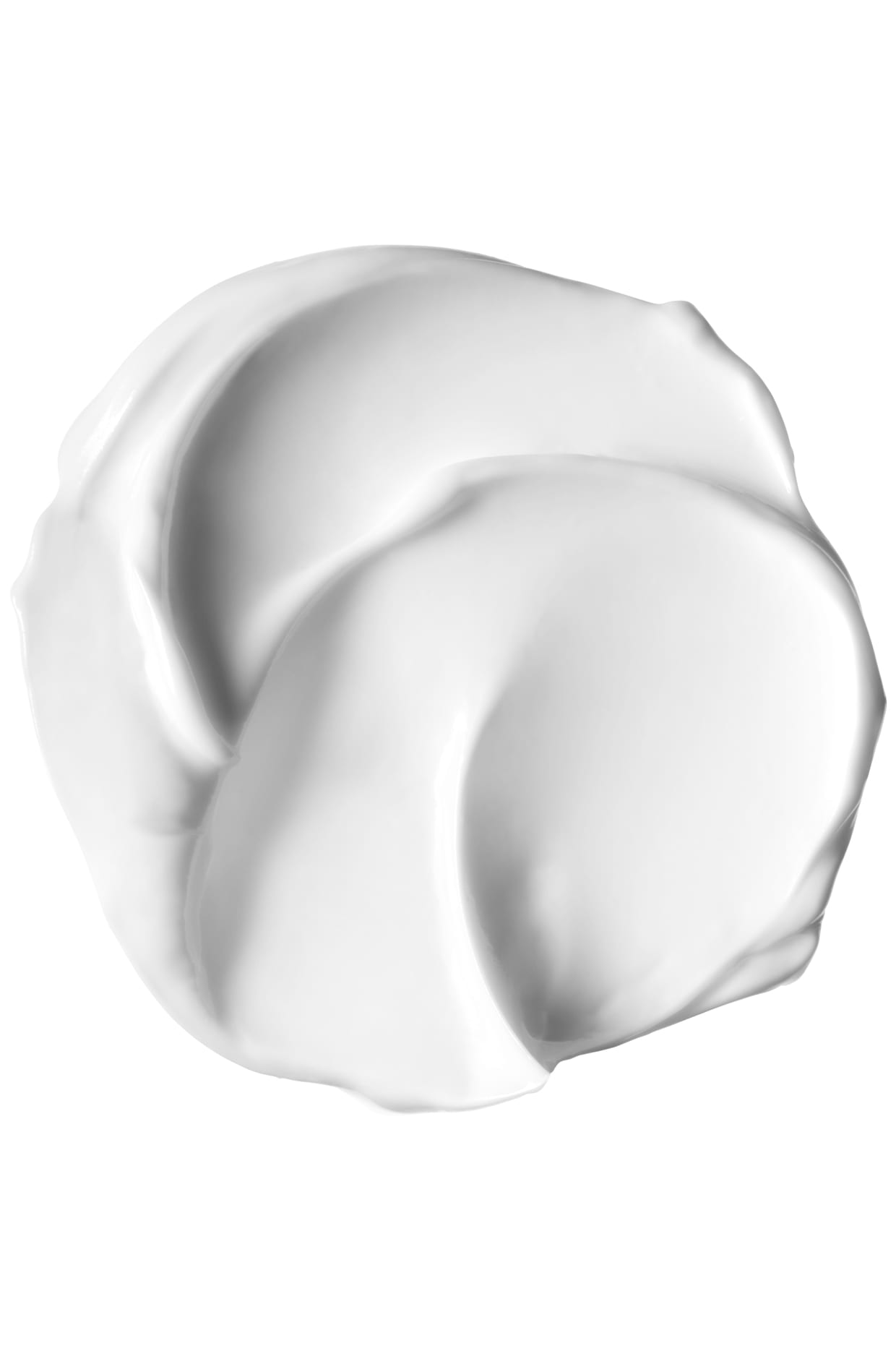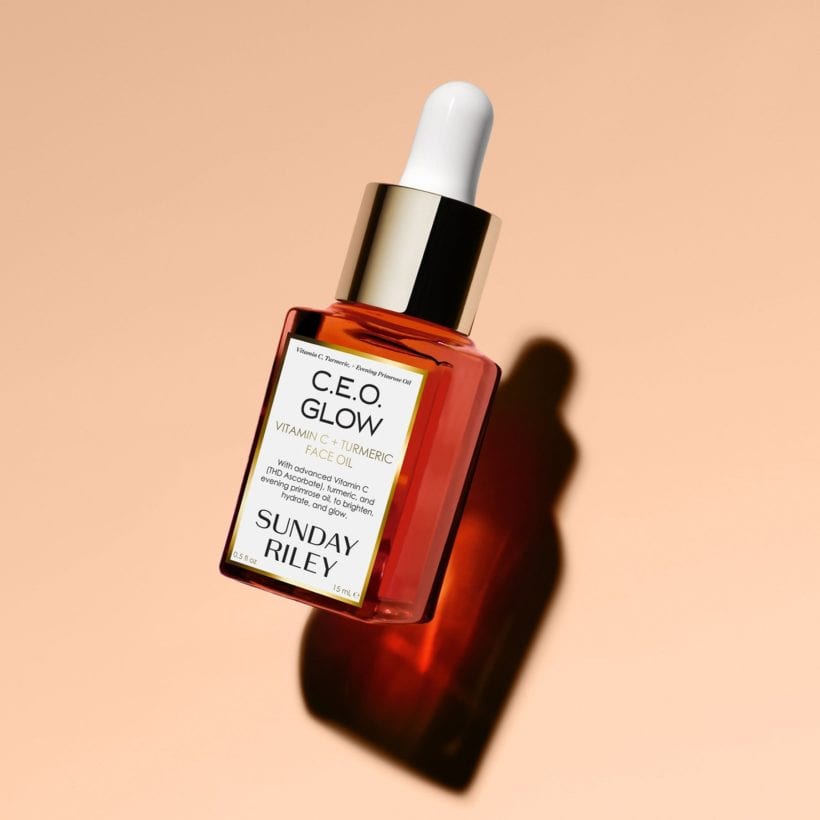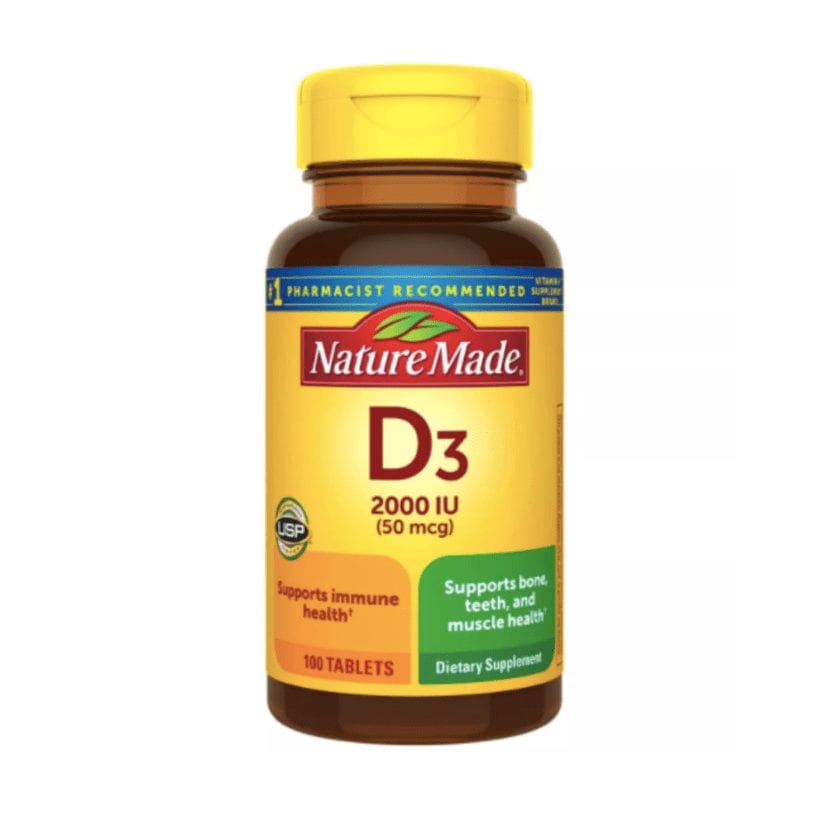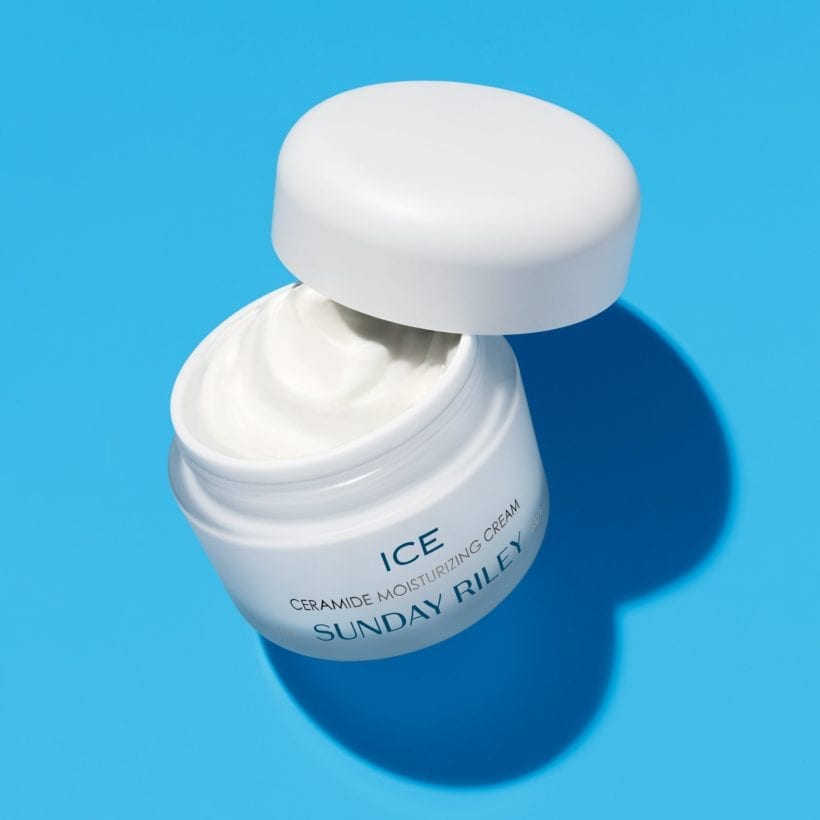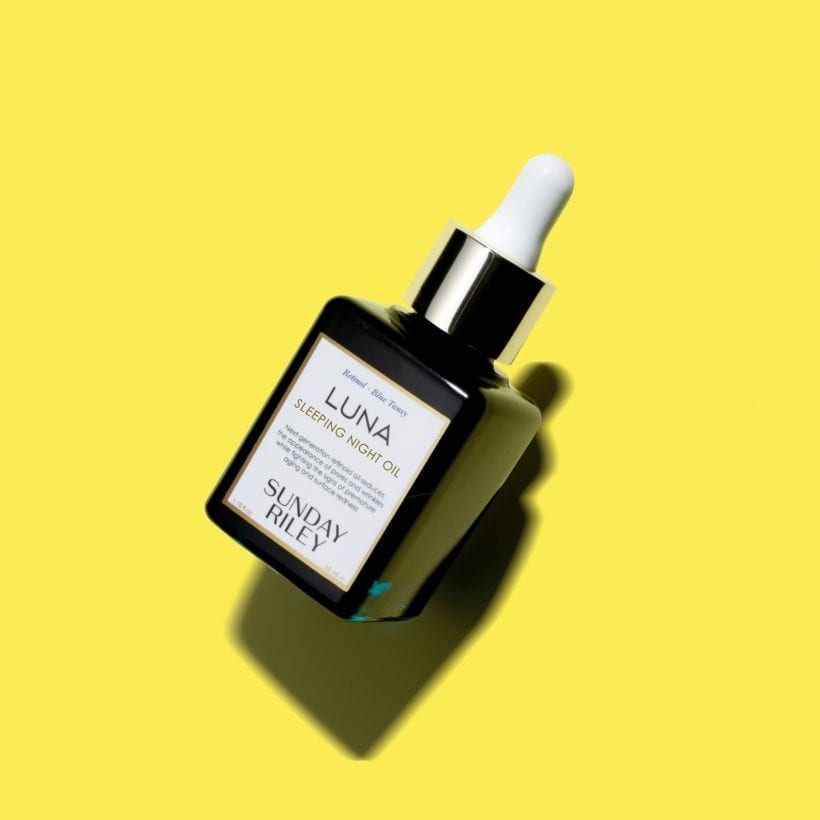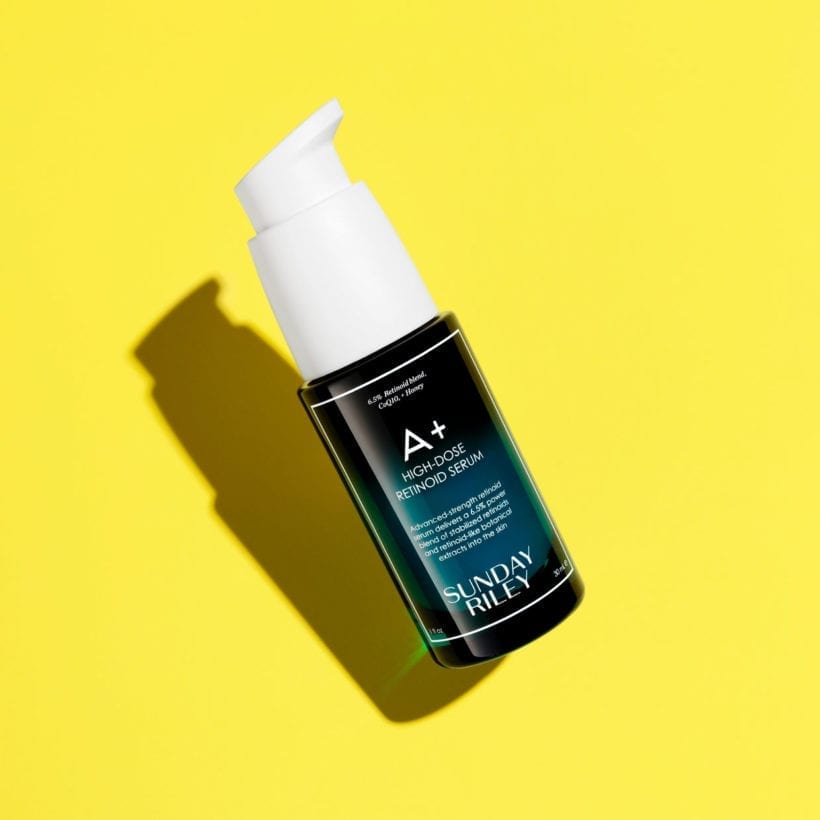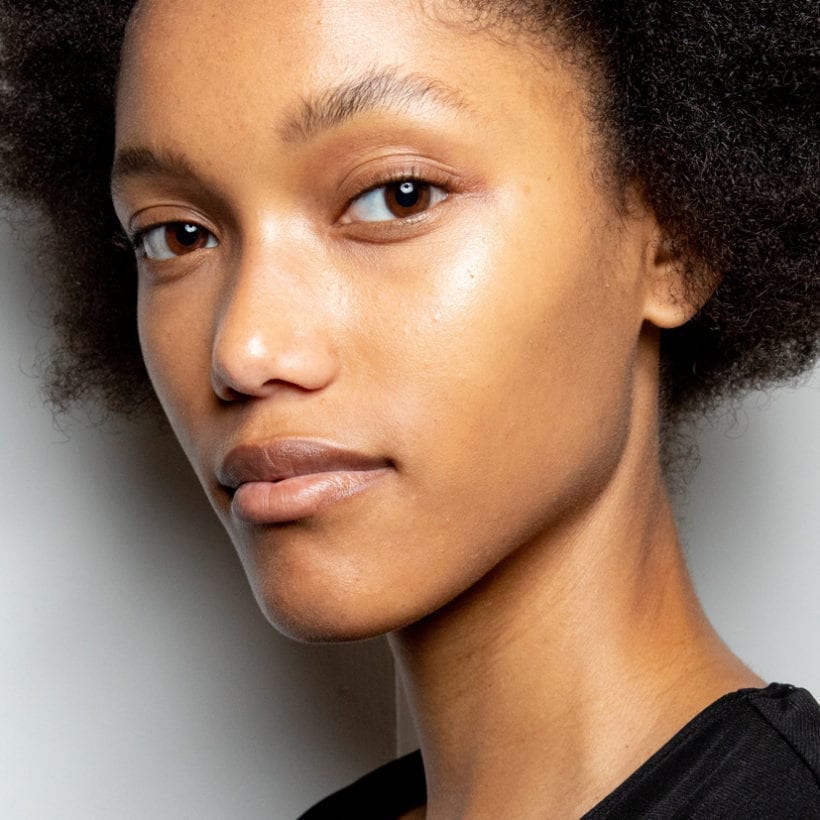“You look tired.”
“Uh, thanks?”
It is obvious that a bad night’s sleep can show on your face. But your skin showing fatigue is something that happens over a stretch of time and is predominantly linked to prolonged stress rather than lack of sleep (though that is certainly a factor as well).
“When your body experiences chronic stress, your adrenal glands release cortisol, which affects blood flow to the skin and causes collagen to become fragile and damaged,” explains Joe McGowan, M.D., cosmetic dermatologist and Mohs micrographic surgeon. “In the short term, the skin will lose its brightness and resilience. Dark circles will appear, and eyes become puffy.” Over time, skin fatigue accelerates the aging process and hinders the skin’s ability to repair itself.
Skin fatigue accelerates the aging process and hinders the skin’s ability to repair itself.
In addition to stress, dehydration and an unhealthy diet can all make your skin “look tired” regardless of how much sleep you get. If you are noticing changes in your facial appearance (dark undereye circles, uneven texture and tone, fine lines, dullness and dryness), take a look at what is going on in your life: Are you drinking enough water? Are you eating enough greens? What is stressing you out? While a hydrating, glow-inducing skincare routine helps get your complexion back into gear (we will get into that in a bit), you will want to practice self-care in all areas of your life to really address the issue.
As you are treating the internal issues, start an external skincare routine to combat skin fatigue. “Products that focus on hydrating the skin tend to work the best to reduce the appearance of exhaustion,” notes Erum Ilyas, M.D., a dermatologist at Montgomery Dermatology in King of Prussia, Pennsylvania. You will also want to find products with ingredients that protect your skin against environmental pollutants, encourage cell turnover and even out your skin tone and texture.
Below, we dive into the skincare products and all-star ingredients you need. so you will never hear that “you like tired” again. Make adjustments for your particular skin type and follow your routine consistently to see the best long-term results.
Slough off Dead Skin With a Glycolic Acid Cleanser
Every day your skin is exposed to environmental pollution that can generate free radicals, which breaks down collagen that can accelerate skin aging. A glycolic acid cleanser not only washes away dirt, but the highly effective alpha-hydroxy acid (AHA) exfoliates the top layer of skin and boosts collagen in the process. Already have a gentle cleanser your skin loves? Don’t fret. Try adding in a glycolic acid serum like Good Genes Glycolic Acid Treatment after you cleanse for the same effect.
Tip: Use it one to three times a week or as often as your skin will tolerate.
Improve Uneven Texture With a Niacinamide Serum
Uneven skin texture is mostly a result of dehydration and a buildup of dead skin cells. Niacinamide (also known as nicotinamide) is one of those workhorse ingredients “that’s necessary to support the synthesis of collagen, DNA repair and epidermal cell turnover,” McGowan explains. Simply put, this powerful vitamin B3 evens out tone and texture, hydrates depleted skin and promotes collagen production.
Tip: Niacinamide is gentle enough to be used every day.
Treat Dark Circles and Crow’s Feet With a Vitamin C Eye Cream
Thanks to the thin skin around your eyes, it is the first place to show fine lines and wrinkles. Oxidation can cause your skin to age prematurely. Enter vitamin C: a powerful antioxidant that “helps quench damaging free radicals caused by stress, pollution, smoke, blue light from our phones and computers, and of course, ultraviolet rays from the sun,” says Omer Ibrahim, M.D., a dermatologist at Chicago Cosmetic Surgery and Dermatology. “Vitamin C also helps with the formation of new collagen, improving the appearance of fine lines and wrinkles over time.” If you suffer from dark spots, you might want to expand the use of vitamin C to the rest of your face with a serum (we like C.E.O. 15% Vitamin C Brightening Serum for this).
Tip: Niacinamide can diminish the benefits of vitamin C when used together. Consider using vitamin C in the morning and niacinamide in the evening.
Replenish Hydration With a Ceramide Moisturizer
PSA: You can have an oily skin type, yet also dehydrated skin. Dry skin refers to the lack of oil your skin needs to retain moisture. Dehydrated skin means your skin lacks water. You will notice if your skin is dehydrated, it feels tight, looks dull and/or possibly inflamed, and your fine lines may look more prominent. A daily moisturizer is obvious, but one packed with ceramides ups the ante (you can’t go wrong with ICE Ceramide Moisturizing Cream). “Ceramides increase hydration and turgor of the skin and help restore the skin’s natural barrier to protect it from environmental stresses,” says Ilyas.
Tip: Ceramides prevent moisture from leaving your skin, while hyaluronic acid increases moisture content. Consider using a hyaluronic acid-based moisturizer, like C.E.O. Afterglow Brightening Vitamin C Gel Cream, for daytime and a ceramide one at night (or vice versa). They are both naturally occurring substances in your skin and are essential for skin health.
Neutralize Damage With a Retinol Topical
Retinol, a form of vitamin A, is hailed for its wrinkle-reducing abilities. It helps “promote and hasten skin turnover, thus aiding with evening out skin tone, dyspigmentation and non-invasively smooths fine lines and wrinkles over time,” says Rina Allawh, M.D., a dermatologist at Montgomery Dermatology in King of Prussia, Pennsylvania. So with daily use, it ensures a youthful, radiant complexion even during times of stress, adds McGowan.
Tip: Nighttime use of retinol is best — giving your face a chance to recover while you sleep since there can be some mild irritation associated with retinol use, so we recommend Luna Sleeping Night Oil. Sun exposure also breaks down retinoids and reduces their effectiveness.
Protect Against Wrinkles with Sunscreen
You have heard us wax poetic about SPF time and time again, but if you are concerned about skin fatigue, wear a sunscreen that explicitly has broad-spectrum protection. UVA rays are responsible for premature skin aging, while UVB rays can burn your skin — you will want protection against both.
Strengthen Skin With Vitamin D
“Vitamin D has shown to help reduce inflammation and normalize cell growth and may also help enhance wound healing and minimize skin aging,” explains Joshua Zeichner, M.D., director of cosmetic and clinical research in dermatology at Mount Sinai Medical Center. However, an estimated 70 percent of adult Caucasians and 95 percent of adult African Americans are not getting enough of it (also known as the “sunshine vitamin”). Skin naturally makes vitamin D when exposed to the sun, but bonus points if you can find it in your existing skincare products. Or, take it as a daily oral supplement.
We only recommend products we have independently researched, tested, and loved. If you purchase a product found through our links, Sunday Edit may earn an affiliate commission.

